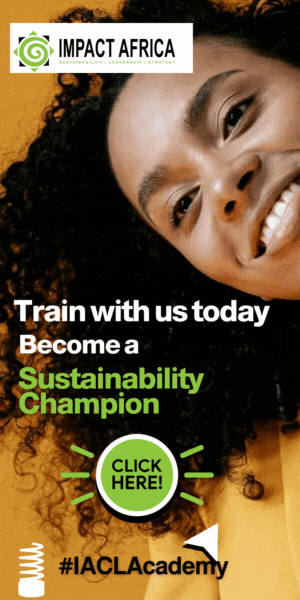On 22 October, the Carbon Markets Africa Summit (CMAS) will stage “Market Signals & Buyer Trends”, a data-led session promising a candid read on demand, pricing and integrity in African carbon credits and how new global rules are reshaping them. A 10-minute briefing will tee up a fast-paced panel and fireside chat linking market analytics, buyer behaviour and CORSIA compliance to where opportunities are real—and where standards will bite.
The wider CMAS programme underscores how seriously the continent is approaching market integrity and capital mobilisation. A pre-conference “Carbon 101” primer and a high-impact dialogue on trust in carbon markets will set the tone on the 21st of October, moving quickly from architecture and Article 6 context to the practicalities of monitoring, verification and certification in African settings.
The main summit opens with a keynote on scaling carbon markets for Africa amid a shifting global landscape, featuring Global Green Growth Institute’s Fenella Aouane, UNDP South Africa head Maxwell Gomera, and TASC’s Storm Patel, followed by a geopolitically framed fireside chat hosted by Allen Manza’s Javier Manzanares with the EU Delegation’s Caroline Tixier and EDF’s Angela Churie Kallhauge ~ an early signal that CMAS intends to anchor Africa’s market debate within the realities of European policy, U.S. finance and multilateral incentives.
For those asking what buyers actually want from African credits, the “Market Signals & Buyer Trends” track is designed to be specific rather than aspirational. Organisers preview discussion points that range from category-level demand through 2030 to what constitutes “high integrity” from a buyer’s perspective in 2025, and how that translates into price discovery for African issuances.
The session also puts CORSIA squarely on the table, exploring what eligibility means for airlines and host governments and what lessons can be drawn from early African movers including Kenya Airways. Project showcases from Nigeria, Ghana and Zambia; spanning forest investment and nature-based solutions, are interleaved to root the discussion in live pipelines rather than theoretical supply.
Read also: European Banking Authority’s ESG hold-off opens policy window for Africa’s finance sector
Speaker line-ups cut across the value chain. Confirmed participants highlighted by CMAS and partner announcements include Promethium Carbon’s Olivia Tuchten, FSD Africa’s Reshma Shah, Standard Bank carbon trading lead Lawrence Cole-Morgan, Verra’s regional representative Heather McEwan, and the Eastern Africa Alliance’s Andrew Ocama, voices who can speak directly to verification bottlenecks, investor readiness and registry realities.
Verra has also flagged attendance by CEO Mandy Rambharos, signalling that standards bodies will engage substantively on programme eligibility and methodology pathways. Climate Policy Initiative’s Jonathan First is slated to join finance-focused sessions on mobilising private capital, bringing a blended-finance lens to bankability and risk.
CMAS is deliberately designed to pull policy, integrity and money into the same room. A ministerial roundtable will gather senior officials from across the continent to compare national frameworks and registry build-outs, while a dedicated session on “High Integrity in Practice” examines how evolving rules from Verra, Gold Standard and the future Article 6.4 mechanism are landing in African jurisdictions, and whether local verification capacity can scale fast enough to meet buyer expectations.
The second day pivots to capital: investor roundtables promise direct engagement between funders and developers, and a financing keynote brings together the Presidential Climate Commission’s Dorah Modise and Peace Parks Foundation CIO Colin Porteous, with additional participation across banks, DFIs and nature-based solutions teams.
Read also: Angola calls for nominations to honour energy sector trailblazers at 2025 AOG conference
All of this unfolds against a market that is recalibrating rather than retreating. Ecosystem Marketplace’s latest State of the Voluntary Carbon Markets data places 2023 transaction value at roughly $723 million, down from the 2021 peak above $2 billion, with buyers now funnelling demand toward credits that can clear integrity screens such as the Integrity Council’s Core Carbon Principles. That quality-first pivot is exactly the dynamic CMAS aims to translate into actionable guidance for African issuers.
Registration for CMAS 2025 is open, with the summit running 22–23 October and pre-events on 21 October in Johannesburg. For Africa’s project developers, traders, buyers and regulators, the “Market Signals & Buyer Trends” session is positioned as the most concise window into how to align pipelines, documentation and pricing with what the market is actually buying this year.
Read also: California-Africa climate economic forum charts new course for green investment across the continent






